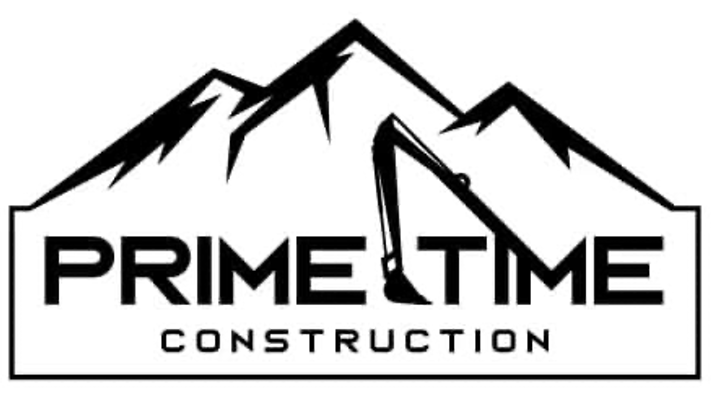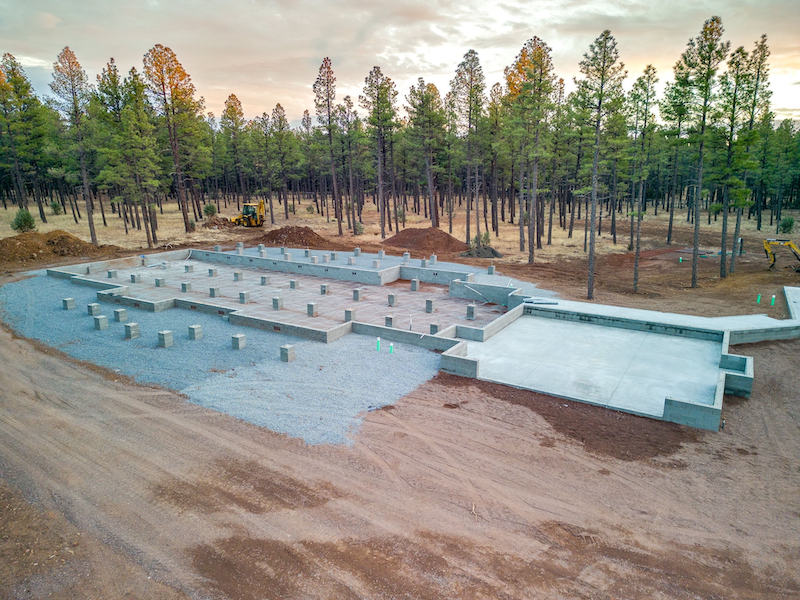Understanding the Costs of Concrete and Masonry Work: An In-Depth Analysis
The Significance of Concrete and Masonry in Modern Construction
Unveiling the Role of Concrete and Masonry in Today’s Building World
Concrete and masonry are fundamental to modern construction, forming the backbone of countless buildings and structures worldwide. Their durability, strength, and versatility make them indispensable in the construction industry. However, the cost associated with these materials and their installation often prompts questions from those planning construction projects.
Elements Influencing the Cost of Concrete and Masonry
A Look at What Drives Up the Prices
Several factors contribute to the high cost of concrete and masonry work. Understanding these elements is crucial for anyone looking to embark on a construction project. From the raw materials used to the skilled labor required, each aspect plays a significant role in determining the overall cost.
Labor: The Human Element in Construction Costs
Labor costs are a major component of concrete and masonry projects. The skill and experience required for these tasks mean that hiring qualified professionals is essential, yet this comes at a higher cost. The intricacy of the work, especially in custom designs, further escalates these costs.
Equipment and Technology: Enhancing Efficiency at a Cost
Modern construction projects often utilize advanced equipment and technology to improve efficiency and quality. However, the acquisition, maintenance, and operation of this machinery add a significant expense to the overall cost of concrete and masonry work.
Logistics and Transportation: Hidden Contributors to Cost
The logistics and transportation of materials to the construction site are often overlooked factors that can substantially increase costs. Distance from suppliers, the weight and volume of materials, and fuel costs all play a part in this.
Regulations and Safety Standards: Compliance Costs
Adherence to building codes, regulations, and safety standards is mandatory, but compliance can be costly. Ensuring that concrete and masonry work meets these standards often requires additional time, resources, and expertise.
Geographical Variations in Pricing
The cost of concrete and masonry work can vary significantly depending on the geographical location. Factors such as local labor rates, availability of materials, and regional economic conditions all influence the final cost.
The Complexity of Design and Customization
Complex designs and custom features in concrete and masonry work require more time, skill, and resources, leading to higher costs. Intricate patterns, unique shapes, and specialized finishes all contribute to this complexity.
Economies of Scale in Concrete and Masonry Projects
Larger projects often benefit from economies of scale, where the cost per unit decreases as the quantity increases. This principle can sometimes lead to more cost-effective solutions in larger-scale concrete and masonry projects.
Sustainability and Eco-Friendly Materials: A Cost Factor
As the construction industry moves towards more sustainable practices, the use of eco-friendly materials in concrete and masonry work is becoming more common. However, these materials often come at a higher initial cost, despite potential long-term savings and environmental benefits.
Market Trends and Economic Factors
The cost of concrete and masonry work is not static; it fluctuates with market trends and broader economic factors. Changes in supply and demand, inflation, and shifts in the global economy can all impact costs.
The Impact of Seasonal Variations on Pricing
Seasonal factors can influence the cost of concrete and masonry work. Weather conditions, availability of labor, and seasonal demand fluctuations can all play a role in determining the final price.
Future Outlook: Trends in Concrete and Masonry Costs
Predicting future trends in the costs of concrete and masonry work involves considering various factors, including technological advancements, material innovations, and economic forecasts. Staying informed about these trends is crucial for anyone involved in construction planning.
Comparative Analysis: Concrete and Masonry vs. Other Building Materials
When considering the cost of concrete and masonry, it’s useful to compare it with alternative building materials. Factors like longevity, maintenance, and aesthetic appeal should be considered alongside the initial investment.
Cost-Effective Alternatives in Concrete and Masonry
For those on a tighter budget, there are cost-effective alternatives and strategies within concrete and masonry work. Choosing simpler designs, opting for locally sourced materials, and planning efficiently can help in reducing costs without compromising quality.
The Role of Innovation in Reducing Costs
Innovations in construction techniques and materials are continuously evolving, offering new ways to reduce costs in concrete and masonry work. Staying abreast of these developments can provide cost-saving opportunities.
Expert Insights: Interviews with Industry Professionals
Gaining insights from industry professionals can shed light on the nuances of concrete and masonry costs. Interviews and discussions with contractors, architects, and engineers offer valuable perspectives.
Case Studies: Real-World Examples of Concrete and Masonry Costs
Examining real-world examples and case studies of concrete and masonry projects provides a practical understanding of how costs are allocated and managed in different scenarios.
The Future of Concrete and Masonry: Evolving Techniques and Materials
The future of concrete and masonry lies in the ongoing evolution of techniques and materials. This evolution promises to influence the cost structures and efficiencies of future construction projects.
Tips for Budgeting Your Concrete and Masonry Project
Proper budgeting is key to managing the costs of a concrete and masonry project. Planning ahead, getting multiple quotes, and understanding all potential costs are essential steps.
Negotiating Costs with Contractors: A Guide
Effective negotiation strategies can help in reducing the costs of concrete and masonry work. Understanding the market rates and being clear about budget constraints are crucial in these discussions.
Maintenance and Long-Term Cost Considerations
Considering the long-term costs, including maintenance and repairs, is important when evaluating the overall affordability of concrete and masonry work. These factors can significantly affect the total cost of ownership.
Making Informed Decisions on Concrete and Masonry Expenditure
In conclusion, understanding the costs involved in concrete and masonry projects is key to successful budgeting and project management. From the choice of materials to the influence of global trends, various factors come into play. By considering these aspects and seeking expert advice, you can make informed decisions that balance quality, sustainability, and cost-effectiveness.
The key to an informed decision is a trusted expert. Brighten Peters is the guy and Prime Time Construction AZ is ready to engage your special project.

